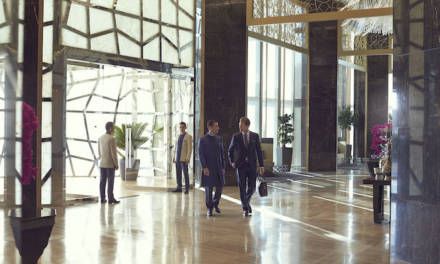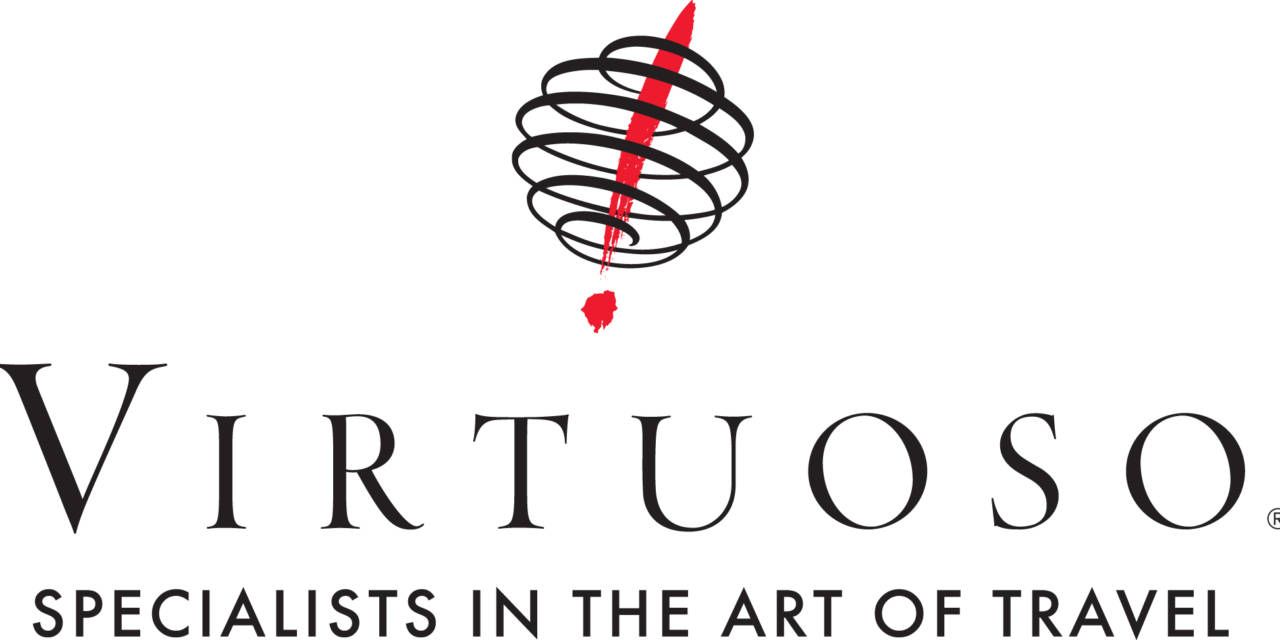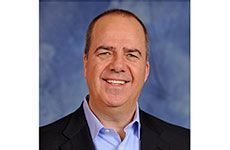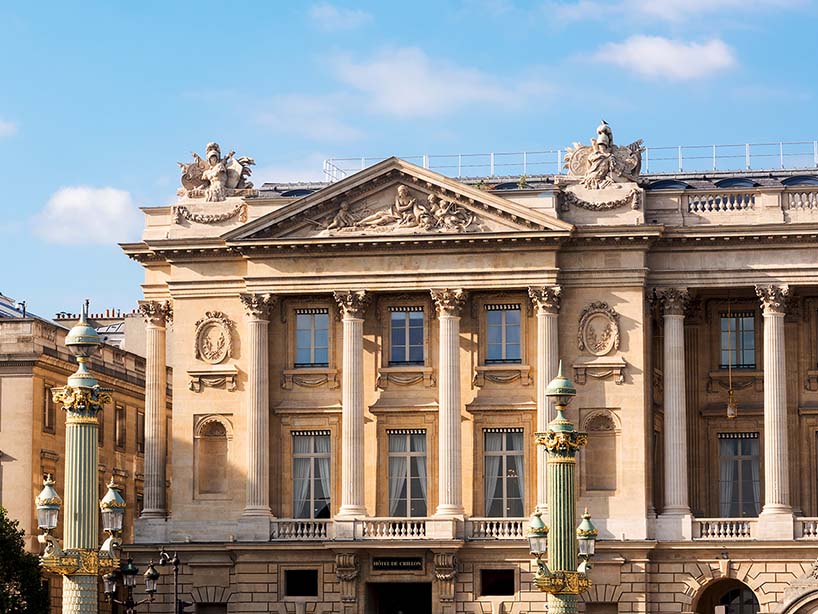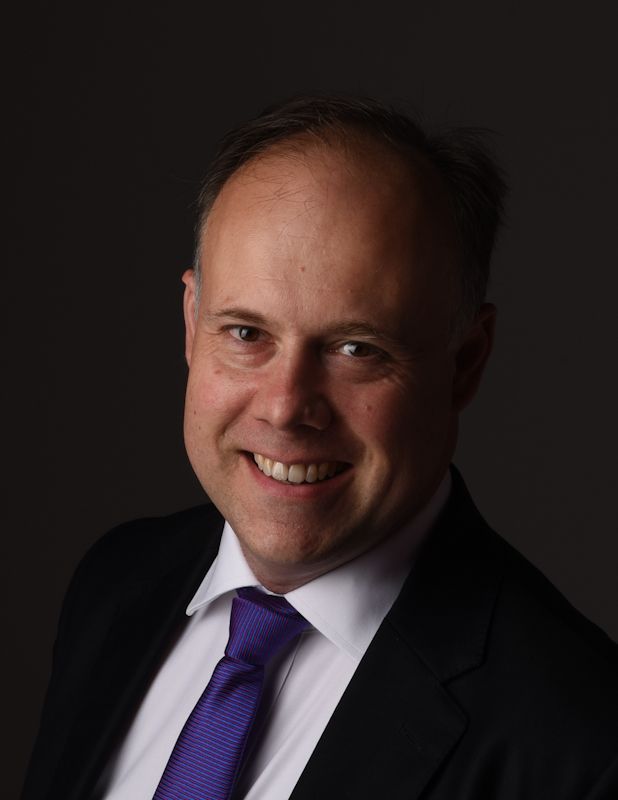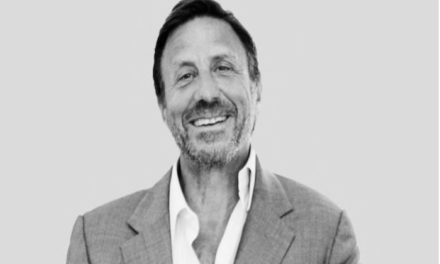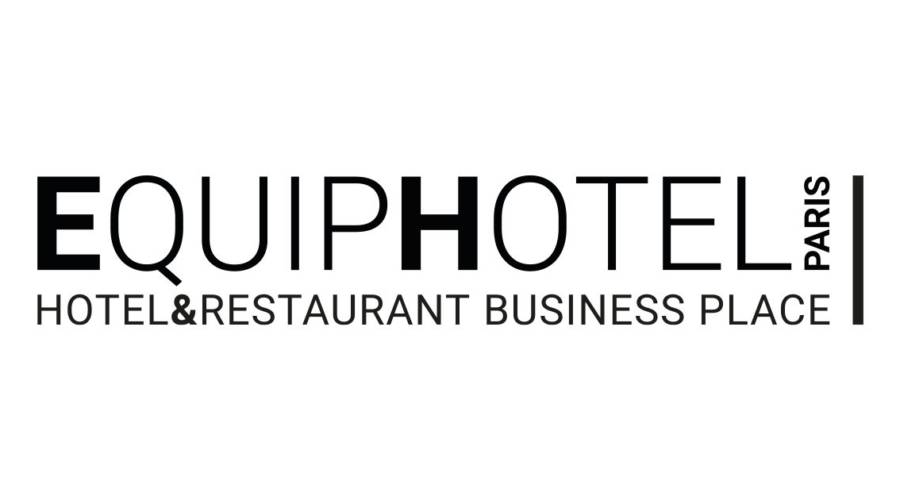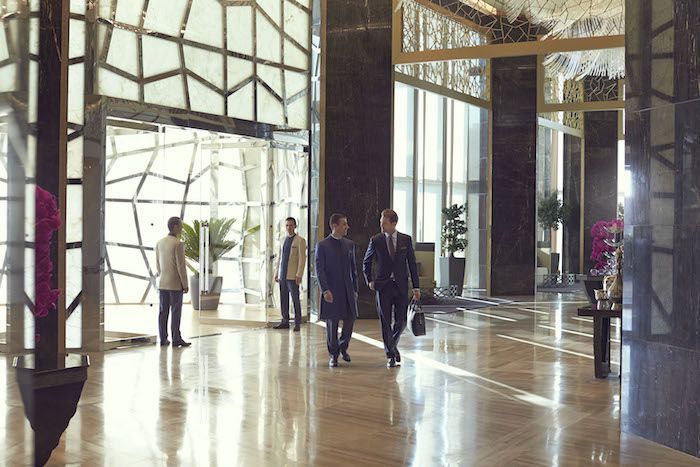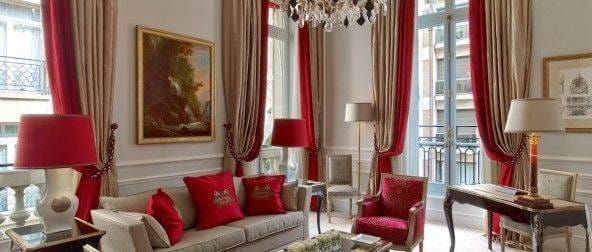During the last ILTM show in Cannes 19, he’s shared his vision about luxury hotel.
Virtuoso is the leading gold network of travel retailers, specialists and advisors in the country. We are not just an American company. We have American roots, but we have advisors in about 50 countries. We have a little over 17,500 advisors in these countries. We do about 24 million in turnover around the world. We’ve just expanded in China; we’re very strong in Australia and the Americas, so we opened up in Europe about four years ago.
The more interesting things that we do relate to what’s been happening. The reality is that, yes, the traditional human vending machine travel agent has been replaced by the DIYs online, but the rise of travel advisors has never been stronger. Careers are incredibly strong. We’re getting tremendous amounts of career structures. 9 years ago, I met the first lawyer/attorney/barrister who quit their law practice to become a Virtuoso advisor. I was incredibly excited because I thought it was the real deal when lawyers are quitting the law practice to become travel advisors. 9 years later, I’m like, “Oh, another one,” because we’re getting so many of them: investment bankers, young people, college graduates, etc.
It’s really an amazing profession for a lot of different reasons. Mobility is one of the things that have changed this profession. If you wanted to be a travel advisor 15 years ago, here’s your cubicle, here’s your reservation system, and you might get lucky to take a trip during the year. Today, this profession is on the leading edge of the digital nomad revolution because these people can work from anywhere from around the world and frankly, their travel generates business.
Social media and mobility have made this an amazing profession that is attracting, quite frankly, a whole other caliber of people. It’s been quite interesting. In the last 5 years, we’ve grown the number of advisors by 126%, but high net worth individuals have grown by 156%. Never in the history of the planet have we had four generations of consumers all traveling in the same kind of numbers. You have the 80-year olds, the World War II generation, Baby Boomers, the Gen-Xers and the millennials. Now, we’ve always had 80-year old people traveling, we’ve always had young people traveling, but never in this amount and this size. That’s one of the reasons why we see luxury travel and travel in general growing.
As we have members all over the world, we collect data and perform trend analysis. Depending on where you are in the world, we’re developing these data sets and trend analyses specific to your market.
Here are some interesting statistics. Nearly 10% of the world’s GDP is travel and tourism. Nearly 300 million people are employed by travel and tourism. What’s very interesting is a statistic shared by our CEO: that in 2017, roughly 50% of all new jobs in the world were in travel and tourism. It’s a driver of economic force in a lot of very interesting ways.
Our growth has been in the double digits, with 29% growth last year. So obviously, our numbers are up tremendously and our profession is up tremendously. The desire for travel is shared by multiple generations. What’s interesting is that you have the Boomers who have the money and now the time, the millennials who are prioritizing experiences over acquisition of goods, which, by the way, is not just a trend; it just keeps getting stronger.
We’ll share some primary research that Virtuoso does around the world. Global human research organization. Here are some of the principles we got from research on affluent travelers. One of the things that has been very interesting is that luxury travel. What we call the era of meaning. It used to be about mastery; how can I do this myself; let me show you how smart I am. It used to be about the deal. But now there’s this interesting era where affluent people around the world are beginning to understand who they are, what they do and their responsibilities, and they call it the ‘era of meaning.’ Through their self-improvement, and the government is a key driver, we are seeing responsibility for those who lack, obligation to protect the climate and meaningful travel consumption. It’s not about just being more ostentatious.
But one of the things I wanted to share is the fact that when we did this study, some of the research already existed, but what had never been done is comparing the affluent customers who did it themselves to the affluent customers who actually used advisors. We’re going to be seeing statistics here that are very interesting. I think if you really think about it, it’s kind of common sense. With the online revolution, we all know the intuition that anyone can do everything online.
Let me give you an example of another industry that parallels what happened to travel agents: stock brokers. 20 years ago, everybody was calling stock brokers, whether you just transacted or whether you needed good advice. But the online revolution came on in the financial services, and you see a huge percentage of people who go DIY, but you also see in that same period of time this massive growth in private wealth advisory. Which means that just buying or selling the stock is not an issue. I always tell a Virtuoso advisor that if you tell somebody that you’re in the business of booking travel, you literally lost before you even started the conversation. Because if you walk into any high end store and you say, “I know how to ring the cash register,” you kind of take that for granted. It’s what happens before, during and after the sale that matters.
I’ll show you some statistics quickly. That have to do with the percentage of how people answer these questions and how much more said the same thing. Here’s one that I find incredibly interesting. What’s happening is the baseline of quality is getting so good that it’s getting harder for luxury products to differentiate themselves because some of the brands are raising the bar on the quality of the products. A lot of affluent people say that. We have a saying called the ‘Good-enough syndrome’. If I’m somebody paying $500 a night, and somebody else is charging me $700 a night, most people who have earned a lot of money are actually fairly humble. Most people think that rich people are ostentatious and all that, but if you look at the psychographics of a lot of affluent people, they’re very well-educated and they care about the world. The problem is that when you say the world ‘luxury,’ people have an instant image of Paris Hilton and Chihuahuas and shopping bags. That’s a real problem. That’s the downside.
What could possibly be better? But it’s nuances, it’s things that are important. They are saying that “quality is becoming so standard that I tend to evaluate products on other criteria.” Meaning that they expect the quality to be good. It is about value. People who advise actually say that 69% more. People who feel like they have a personal relationships. 50% more. 80% would spend more for a brand that customizes the product for me. We’ve been saying personalization for a long time, but the ability of the advisors to work with their partners on personalization has reached a whole new level, and it’s trip by trip. The fact that you can maintain a profile that I like this kind of Champagne and this kind of pillow—that’s so basic. It has to do more and more with the emotions. More and more clients are calling up their advisors and saying this is how they want to feel on this trip. Not ‘this is how much I want to pay,’ or ‘this is where I want to go.’
I like brands that have a history and heritage. It’s one of the reasons that European brands do so well. Affluent consumers like the backstory; they like the fact that there’s a history to it. I like brands that are committed to doing what is right. The same for accountability. The ethics behind a luxury brand. A lot of the studies show that affluent people are worrying about their children not having an understanding of their impact on the world. Travel, being a conduit to having great experiences but also being able to connect with lands and people that break away that reality.
For over a decade, we have felt that the most important thing that we can do at Virtuoso is support sustainability. There are so many foundations and so many things. Within the Virtuoso network, we have some partners that are building absolutely remarkable things. We felt that as a network, the most important thing we could do is spend our time, energy and money putting a spotlight on those partners that are doing amazing things so that a consumer can see them doing that. We define sustainability; the problem is that if you ask 10 different people, 8 out of 10 times, they will only say the environment or green travel. Of course it’s about the environment, but we define it in three categories. it’s about ensuring benefits the local economy; and it’s the preservation of natural and cultural heritage. This is how we are creating the Virtuoso sustainability movement. Our role, given that we have 17,500 advisors that are having conversations with high net worth individuals, is very simple. How can we make sustainability so that those who are doing the right thing are the most financially successful? If we can align what is good for the planet and what is good for society with what is good for business, then that is our number 1 priority. Developing that is very important.
Now let’s talk about the luxury market orientation and mindset. People do like luxury. It can be a cliché sometimes that people misunderstand, but people do want luxury. That’s that greater definition; not taking just when somebody needs me, but actually helping them work with somebody and collaborating with them. Luxury always has a place in our life. Luxury brands are worth the cost.
Human connection is incredibly important for us. We as an organization have to be in luxury travel, but we have to reflect on our guiding principles or greater purpose. For us, it’s enriching lives with human connection. Here at ILTM, I saw some of you are in Virtuoso in Las Vegas, where we do 348,000 meetings in four days. We really believe in a simple idea: don’t take the human out of humanity. If I know you, it makes a difference to the way people experience travel. Human connections are incredibly important.
People agreed positively to our survey: “Travel plays a vital role in how I raise my children.” We’re having more and more clients who are becoming purposeful and taking more time deciding where they take their children and at what ages. We have more clients who say, “You know what? I’m going to spend this money on vacations anyway, but I want to be more purposeful.” What they do is they plan so that they say, “When my child graduates from university, through their travel, I actually played a part in creating a citizen, someone who understands the world.”
In terms of trends, in emerging destinations, we all know that Japan is hot. By the way, multi-generational is not really a new trend; it’s just picking up steam. The one I love is something that one of our members came up with: SkipGen. SkipGen is grandparents that your grandkids call your parents’ mom.
Hotel Crillon – Exterior Member Virtuoso
Laurent Delporte, an editor and conference speaker, is a strategic expert in the sector of hotels. A visionary, he brings his unique look on hotels in service to the decision-makers in the industry, whether to enhance the development of new projects or strategic visions.
Laurent has visited and audited over 350 hotels across the world and also participates in mystery visits to provide quality control for the world’s finest hotels.


 HOME
HOME